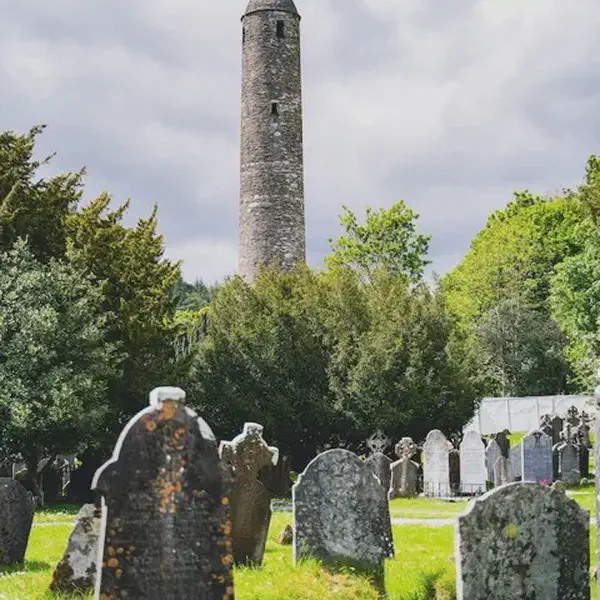
Sir Richard Levinge, an Irish MP, Committed to the Tower of London
January 16, 1700
Sir Richard Levinge (1656–1724), an Irish lawyer and politician, was born 2 May 1656, at Leek in Staffordshire, the second son of Richard Levinge of Parwich in Derbyshire.
He was a Member of Parliament for several constituencies in Ireland, including Roscommon and Jamestown.
Levinge was known for his legal and political career in Ireland.
In 1699 the English house of commons appointed him one of the commissioners for the forfeited estates, to investigate controversial grants of seized Irish lands by King William to his favourites.
This English parliamentary initiative gave rise to apprehensions in Ireland among the many Protestants who had purchased estates from the original grantees and whose tenure might be threatened. Levinge was himself such a purchaser, and it was natural that he should be one of the dissenting minority which dissociated itself from the stronger criticisms of the king in the report of the commissioners.
The English commons, angered by the minority report, summoned him on a charge of slandering the majority commissioners
On January 16, 1700, Sir Richard Levinge, was committed him to the Tower for nearly three months.